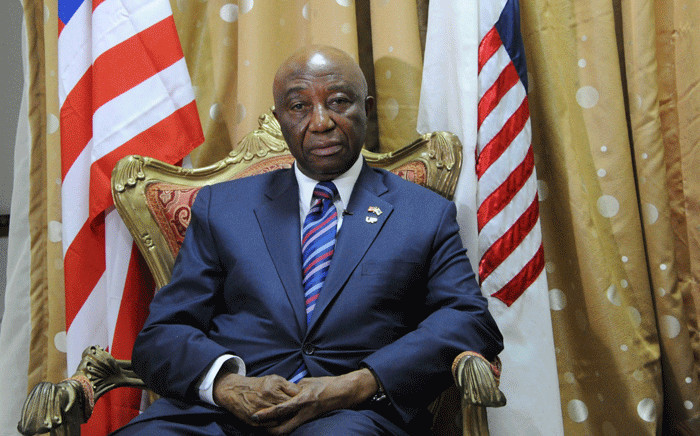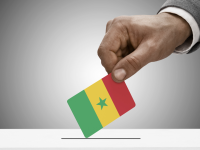To be a child in Nigeria is both beautiful and satisfying to a large extent…

Liberia: Joseph Boakai is the new president, strong signal against corruption
In Liberia, a strong signal against corruption has been sent, but the risk of a power transfer looms. On November 18, 2023, President George Manneh Weah delivered an unexpected speech on Friday night, recognizing defeat before the outcome of the runoff was final. Weah stated, “This is the moment to acknowledge defeat. It’s time to place our country above politics and patriotism ahead of personal interest. I remain your president until the transfer of power, and I will continue to work for the good of Liberia. Let’s heal divisions and unite as a nation and a cohesive people.”
The words of the outgoing president, spoken in a heartfelt speech even before the final outcome of the runoff (the latest data reported by the National Electoral Commission (NEC) pertains to 98.56% of the votes counted, with Boakai having 50.89% of the preferences against Weah’s 49.11%), acknowledging defeat, came unexpectedly.
Recognizing the victory of the contender, former Vice President Joseph Boakai, seemed more like an act to pacify spirits after an extremely tough and complex election campaign, rather than an admission of defeat.
“Tonight, as we acknowledge the results, we attest that the true winner of these elections is the people of Liberia. Through your peaceful and orderly exercise of the constitutional right to vote, you have once again demonstrated your commitment to the democratic principles that bind us together as a nation.”
In short, President Weah affirmed the peaceful conduct of the 2023 presidential elections under his leadership.
“The vote was organized with the promise of fairness, peace, inclusivity, transparency, and credibility. I am proud to say that we have upheld this commitment. The Liberian people have spoken, and we have heard their voice.”
What the outgoing Liberian head of state cannot recognize is that voters wanted to send a clear message to the political establishment.
Corrupt and ungovernable elements cannot have a place. If a government fails to move towards a path of responsibility and transparency, it must go home.
And when a country for which the incumbent president had assured “zero tolerance for the dishonest” ranks 142nd out of 180 states in the corruption-free countries index, something clearly must have gone awry.
Weah had promised to combat endemic corruption in the country, but his actions have shown the opposite.
Among the most serious “misdeeds” is the accusation of orchestrating a scandal in 2018 when $100 million in newly printed banknotes disappeared from the Central Bank of Liberia. The opposition accused Weah’s administration of “misuse of public funds.”
In 2022, the United States imposed sanctions on three Liberian government officials, including Weah’s chief of staff, for their “continual involvement in public corruption.”
Further exacerbating the population’s frustration, in the face of evidence of rot in the government, is the progressive economic decline of the country, where the majority of Liberians live in absolute poverty.
The Liberian Civil Society Organization “Naymote Partners for Democratic Development” noted just before the elections that the Liberian president had kept only 24 of the 292 electoral promises made in the previous electoral campaign.
Weah has also been at the center of another storm: an investigation into the deforestation of the largest rainforest in the region.
The investigation revealed “significant large-scale” illegal operations, including forgery and violations of the law by the Liberian government agency responsible for protecting the country’s green areas.
Despite the final report of the investigation “recommending” a special inquiry into what happened to President Weah, he completely ignored the inspectors’ indications and dismissed the appeals from the ambassadors of the European Union, the United States, and the United Kingdom to clarify the matter.
In short, the former footballer turned political leader has never accepted interference in the exercise of power and has done everything to retain it by any means, legal or otherwise.
And this is why the “miracle” of a presidency transition without consequences, like the one between President Ellen Johnson-Sirleaf and Weah in January 2017, a milestone that marked the first peaceful transfer of power since 1944, the first in 73 years, may not be repeated, even though Weah’s surprise move to call Boakai and acknowledge his victory has caused astonishment.
In the next few hours, it will be clear whether the announced “respect for the democratic process that has decided Liberia” will be fully guaranteed.




